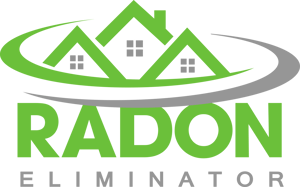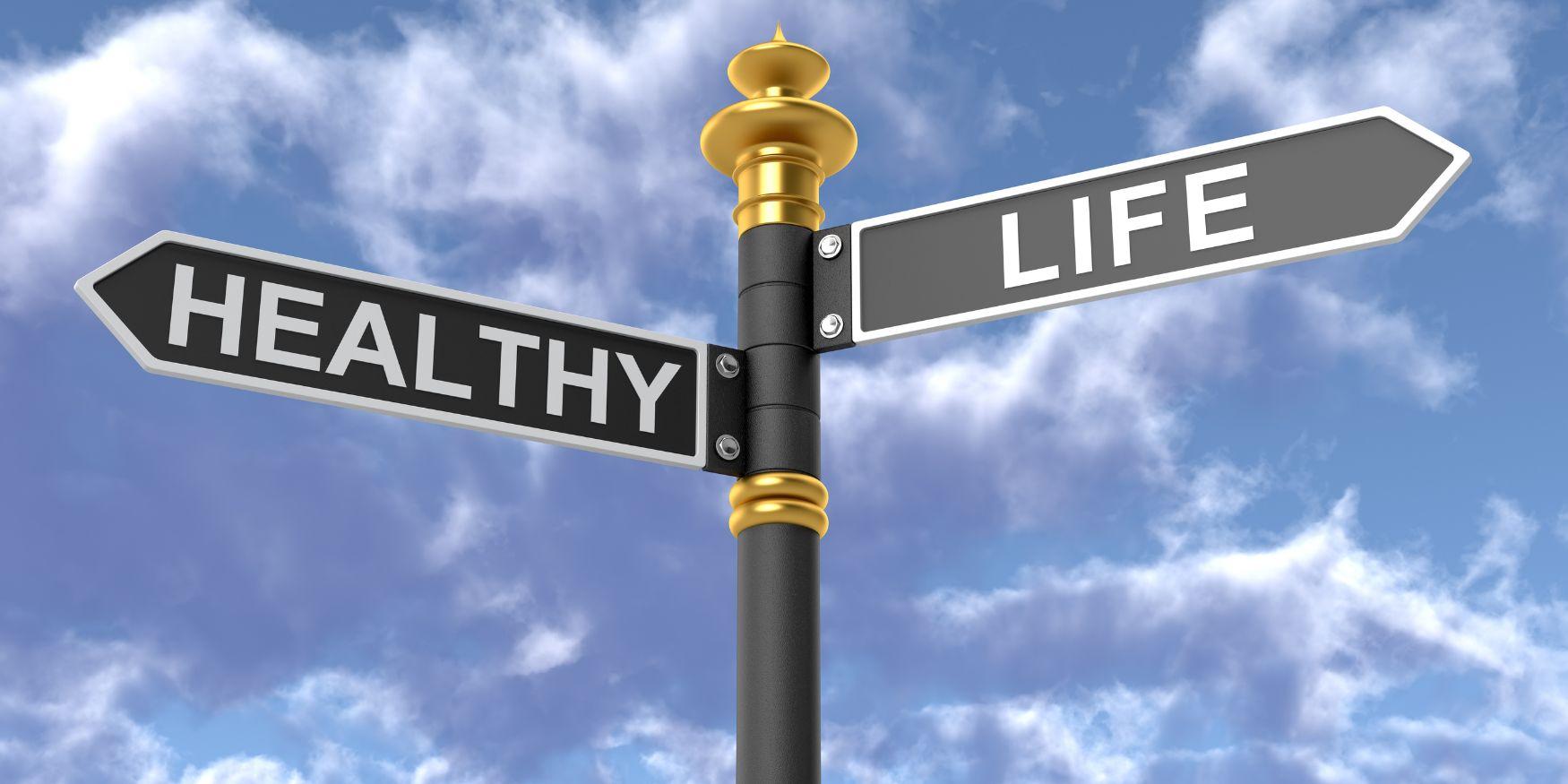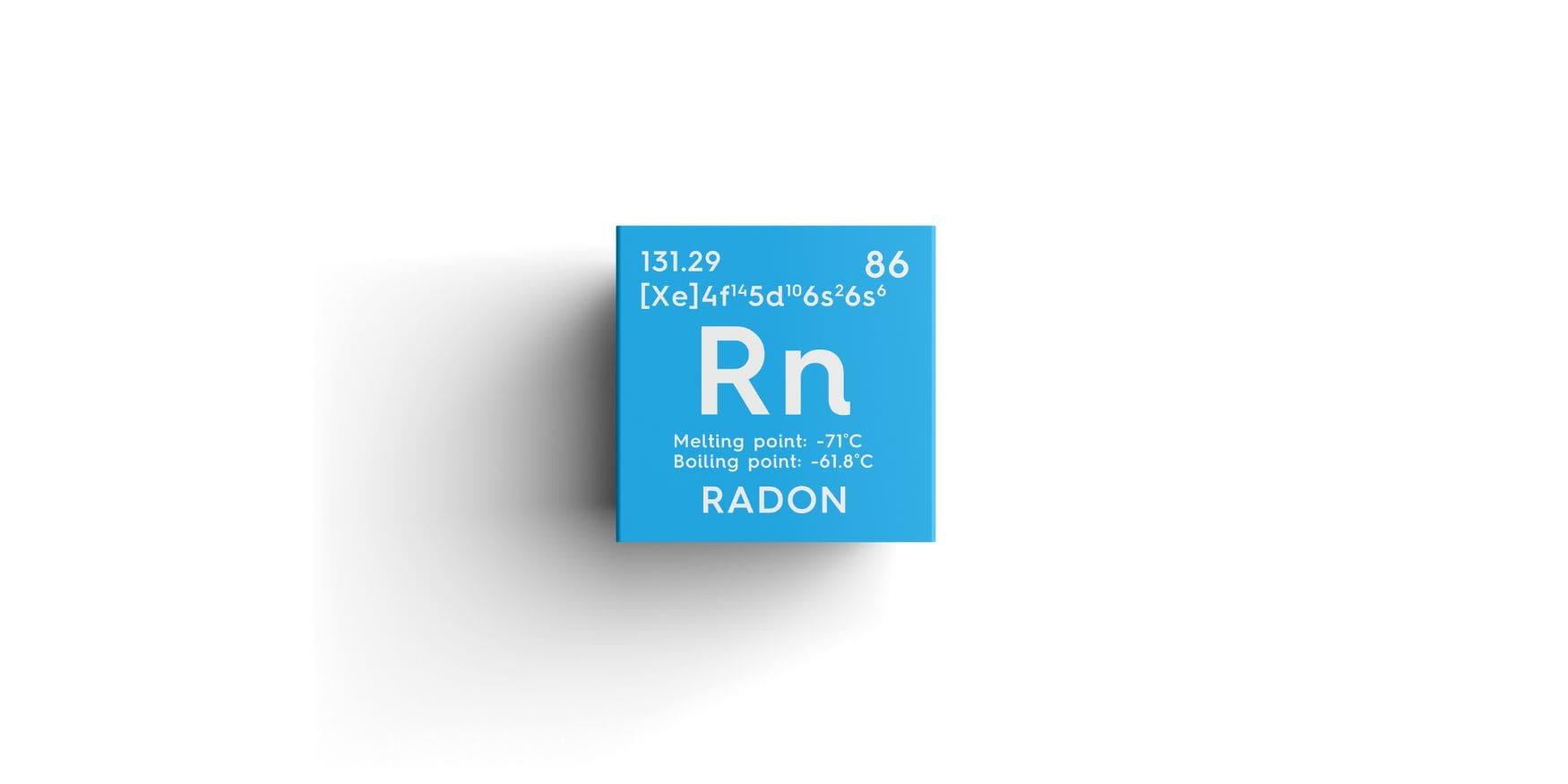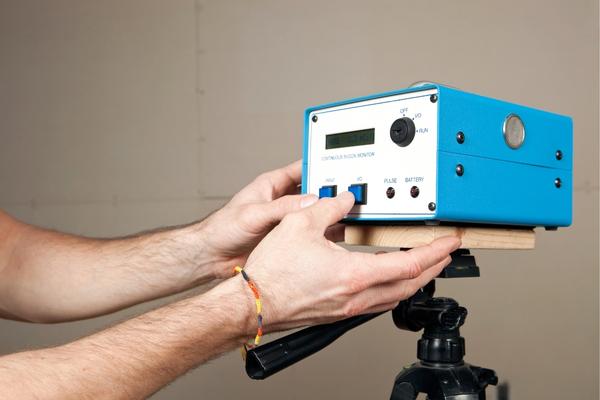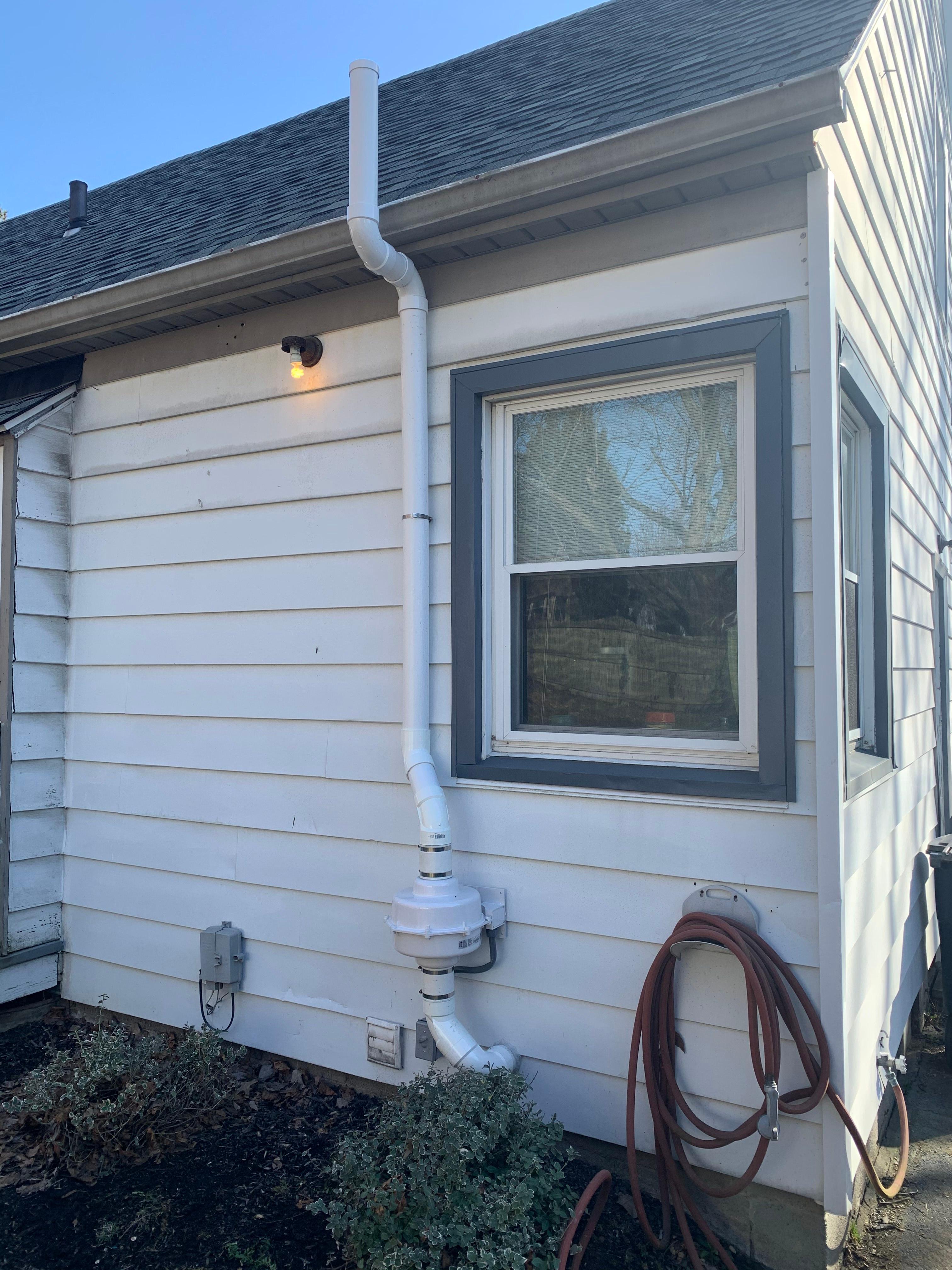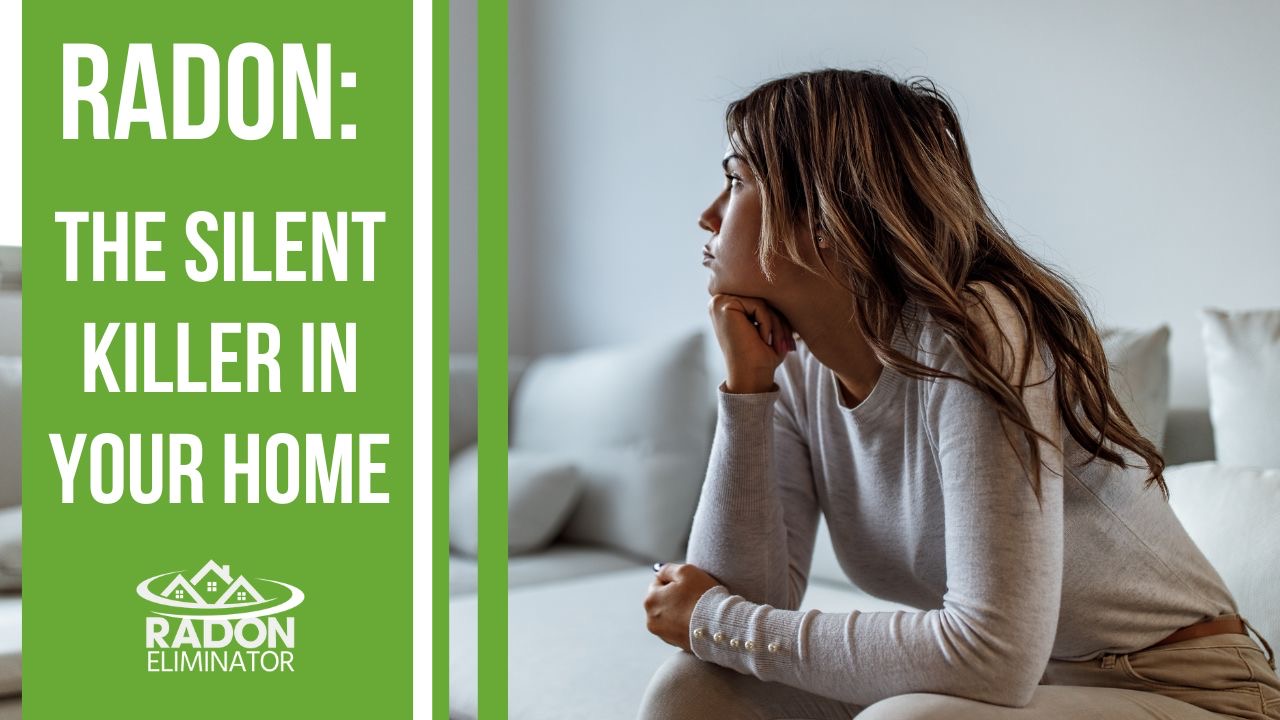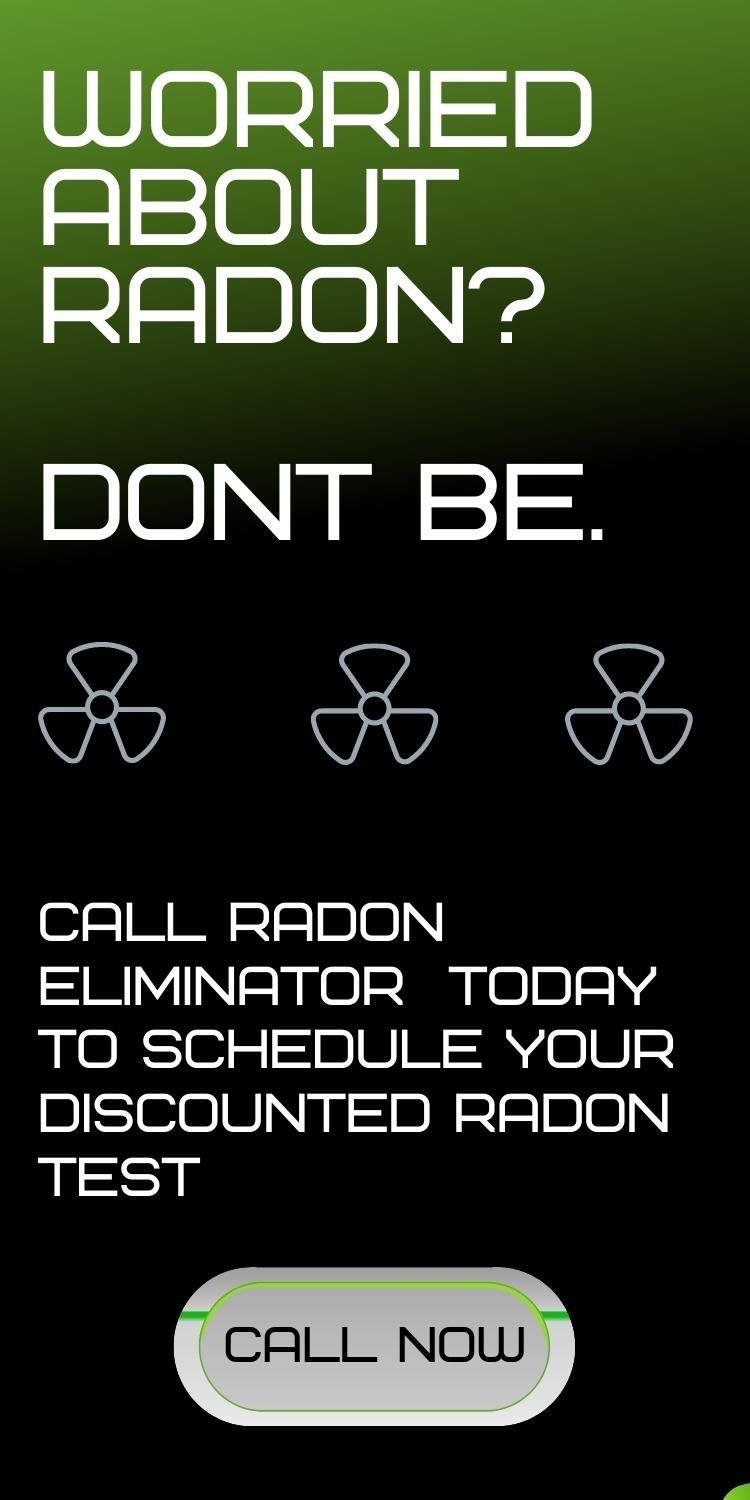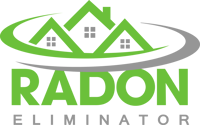Thankfully, lately, radon has been getting the attention it deserves, and it deserves a lot.
Besides smoking, it is the leading cause of lung cancer in the United States.
It is seemingly unavoidable because it is colorless, odorless, and virtually undetectable to the natural five senses.
Radon is a naturally occurring element found prominently in states surrounding Lake Erie, among others.
So, to sum up, Radon is a potentially lethal gas that you cannot naturally observe, and you may have already been exposed to it.
So yes, it is very fortunate this health risk is receiving its due notoriety.
Thankfully, at Radon Eliminator, we have gotten the radon testing process down to a science.
There are very few variables when it comes to performing a successful test. However, radon mitigation is a different story.
The story may be different, but the ending remains the same.
The expert radon mitigation professionals at Radon Eliminator know how to successfully lower radon levels in homes and keep the residents of any building safe from the dangers of radon exposure.
However, unlike our testing process, multiple ways to mitigate a home exist.
Continue reading this article to learn all about the four main types of Radon Mitigation utilized by our radon mitigation specialists.
